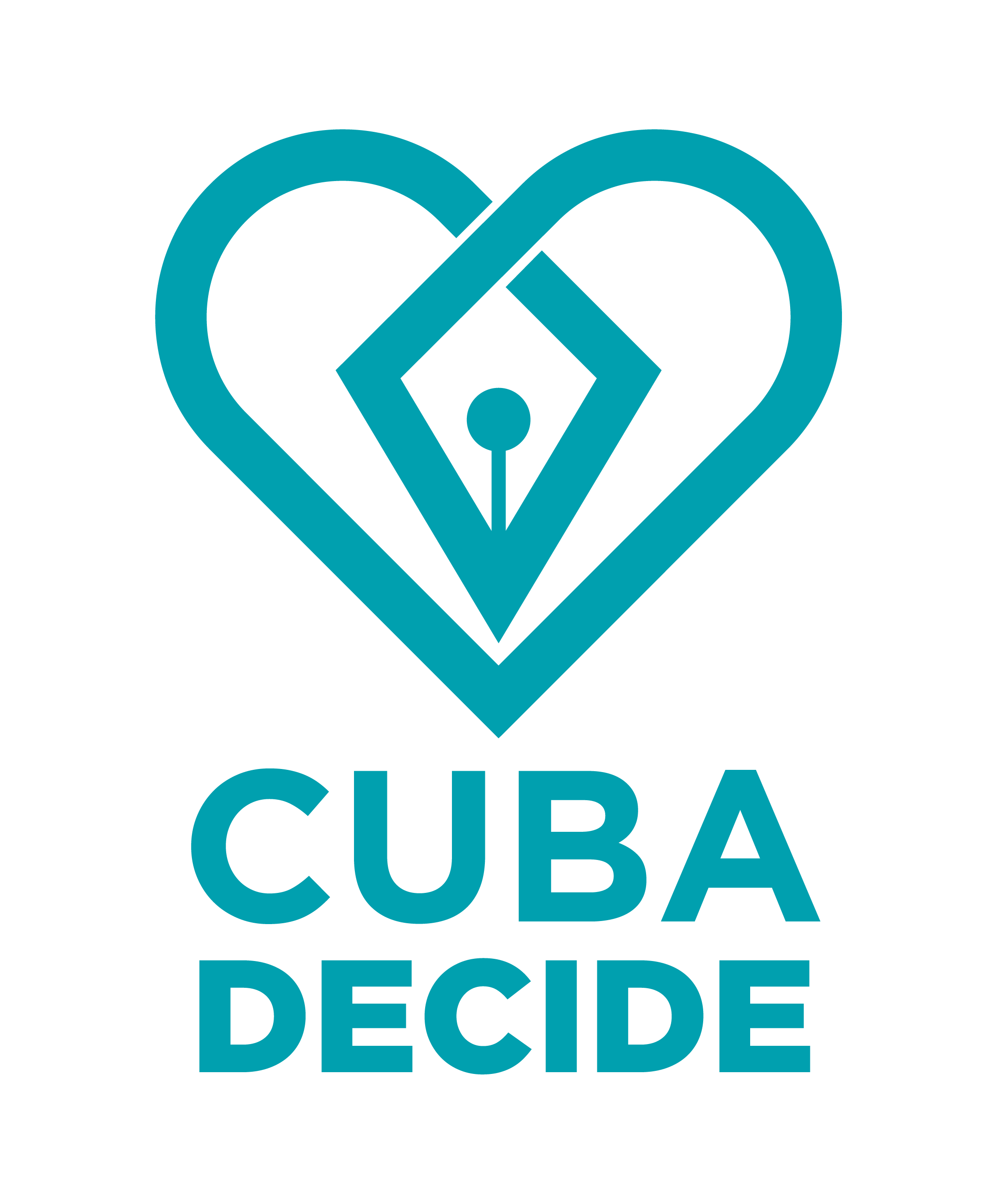IN HAVANA on Dec. 20, a group of artists and activists were preparing to perform a piece titled “Psychosis.” The plot revolves around a person enclosed in a very small space, showing signs of madness, who wants to leave. The play was inspired by events in 2010 at a psychiatric hospital in Havana, where 26 patients died of hunger and cold. The story is obviously a metaphor about the regime of Fidel and Raúl Castro, who have ruled the island for nearly six decades, intolerant of dissent and free speech. In the performance, there were to be allusions to Raúl Castro and terms such as “dictatorship.”
Predictably, before the performance, the authorities swooped in and made arrests.
The director was detained temporarily, as well as the chief actor. Also arrested was activist Lia Villares. When released Dec. 22, she said she had scratched a message on the prison cell walls: “Art Yes, Censorship No. I am free.” She was fined for defacing the walls. The authorities warned her sharply against any activity on behalf of Cuba Decide. The movement advocates a plebiscite for free elections and free speech in Cuba and is led by Rosa María Payá Acevedo, whose father, Oswaldo Payá, championed the Varela Project seeking these goals in earlier years. Clearly, the Castro regime does not like the idea that Cubans could “decide” anything about their own destiny.
Oswaldo Payá, who was killed in a suspicious 2012 car wreck, founded the Christian Liberation Movement in Cuba. The movement’s current national coordinator, Eduardo Cardet, a doctor, was arrested in November 2016 for criticizing Fidel Castro a few days after his death. Recently, he was moved to a notorious prison in Havana and then beaten brutally.
This is how Fidel and now Raúl Castro have kept their hold on power for many years: with fists and force.
But the Castro era is at a new crossroads. Raúl Castro, 86, who has been president for a decade, has pledged to step down this year, at the end of his second term. Recently, he delayed his departure from February to April; even when he is no longer president, he will retain power as general secretary of the Communist Party. His modest economic reforms, allowing for limited activity outside the control of the state, have stalled, while Cuba’s oil lifeline from Venezuela has all but collapsed. Hopes for better relations with the United States and more tourism and foreign investment have also dimmed with President Trump’s retrenchment and the unresolved conflict over injury to U.S. diplomats in Havana. Now, Mr. Castro is looking to Russia for oil and relief.
What Cuba really needs is not more Castro, or a handpicked clone to prolong the deprivations of socialism and dictatorship. What the island’s long-suffering people should get is a genuine chance to decide their own future, one where they can perform a play called “Psychosis” without arrests and fear.


